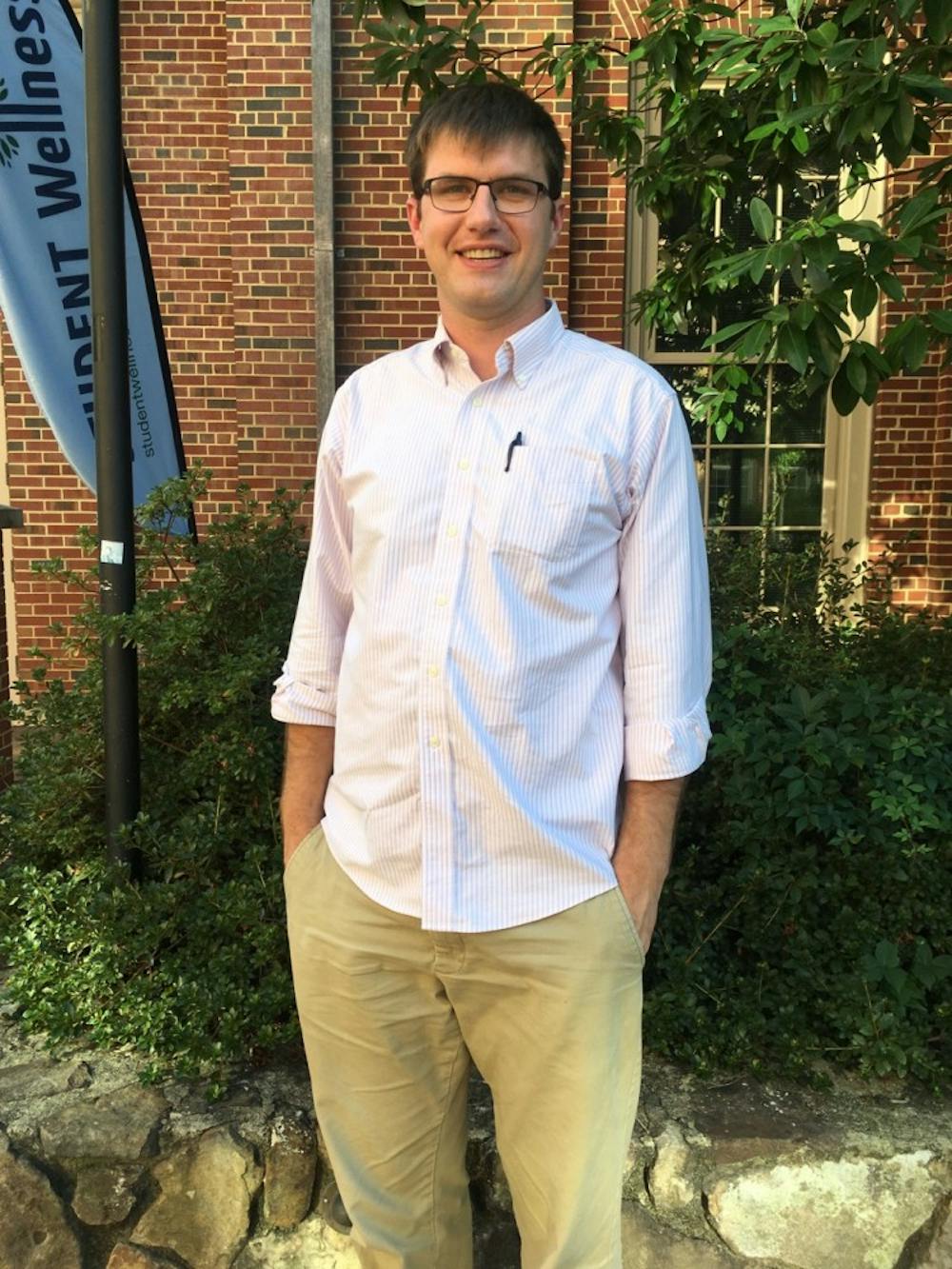Recovery at UNC
September is Recovery Awareness Month, but resources and opportunities for UNC students in recovery are available year round.
Click here to read up on services offered by the Carolina Recovery Program.
Check out this pageto learn in greater detail about the benefits of joining the program, including housing.
This calendar helps you keep up with meetings and special events, such as sports tailgates and off-campus excursions.
Parents and families can find detailed advice and resources here.
Editor's note: The work-hard, play-hard attitude common among college students can be hard for students recovering from substance use disorder. And it can mask the problem for students who may need help.
The Carolina Recovery Program has a month of activities planned for Recovery Awareness Month designed to increase awareness and decrease the stigma associated with recovery from addiction. Recovery resources and activities are available year-round. Here, graduate student Shane Phillips shares the story of his recovery journey. If you are questioning your use, please reach out to the Carolina Recover Program at carolinarecovery@unc.edu.
Shane Phillips is a graduate student in the UNC School of Social Work. He is working towards a certificate in substance use and addiction studies. And Phillips has been in sustained recovery since he was 18.
“I started using alcohol and drugs very early in life, and they immediately became a problem,” said Phillips, who is now 30. “I had been to treatment twice by the time I was 15 years old.”
His alcohol and drug use contributed to a turbulent time as a teenager. Phillips said he had switched schools four times in his high school years.
He started college at UNC-Asheville, but withdrew a few weeks into his first semester. This time, he was the one who decided he needed treatment.
He reached out to his friend, Catherine Turner. Turner said she had seen Phillips go to treatment previously because family or friends wanted him to. She could tell it was different that time.
“It was our freshman year and we were attending neighboring colleges in North Carolina, and he reached out to me, so I went to see him and we talked about it,” she said. “It meant a lot to me to have been able to hear about his choice in person.”
He finished treatment and went back to school and earned a bachelor’s degree in English from Georgia State University. After graduation, he found a job working with a wilderness therapy program, in which he took teenagers backpacking. The experience introduced him to social work and the opportunities in the field.
“Many times, alcohol and drug problems occur in conjunction with other mental health problems and aren’t separated out,” he said. “So there’s real value in learning how to work with both populations in one place.”
Phillips got involved with the Carolina Recovery Group about a year ago when he got to UNC. He started by attending weekly meetings, and now leads the group. He said the group provides him and other members with a pressure-free zone.
“To some extent we’ve got to put on the student hat or the work hat, and that kind of thing sometimes extends to social spaces as well,” he said. “Carolina Recovery Group is different because I can just show up as I am and there’s not any pressure to perform or to act in a certain way.”
The group also provides another important aspect of recovery: support.
Carolina Recovery Group is a good place to get connected with staff and students who are empathetic and understands what it means to question a relationship with alcohol or drugs, Phillips said.
But this isn’t the only kind of support that’s important to a person in recovery. Support within your relationships is also important, Turner said. She learned this through her relationship with Shane.
“More than anything I realized how important loyalty and support within my relationships is to me,” she said. “Despite everything Shane and I have been through in our lives, separately and together, we have managed to maintain one of the strongest and most important relationships in my life and I attribute that to sticking by one another.”
For students in recovery, Phillips recommends defining what recovery means for each person and put some supports in place to protect that recovery.
“We give away a lot of our own power and autonomy when we subscribe to myths about what college ‘should’ or ‘shouldn’t’ be,” he said. “Living in recovery means getting to have a richer, more authentic relationship to my own life.”




